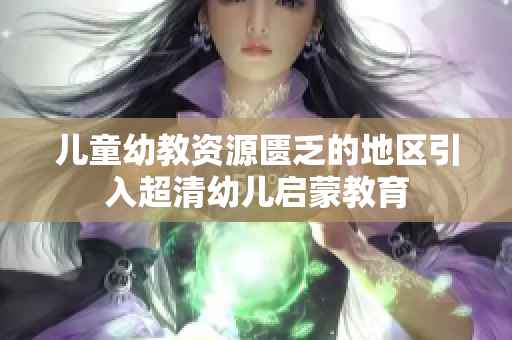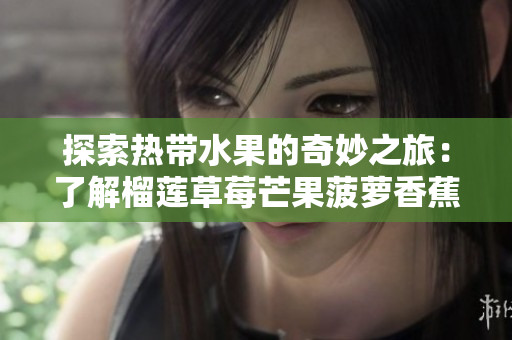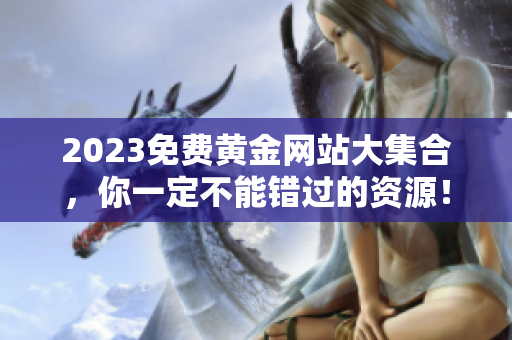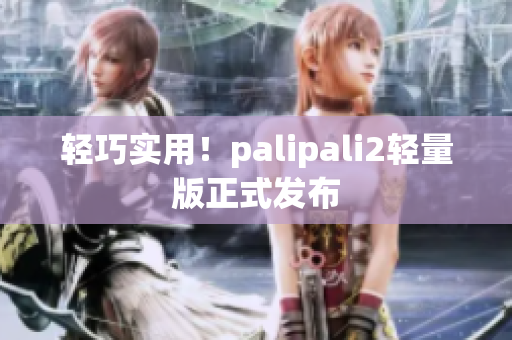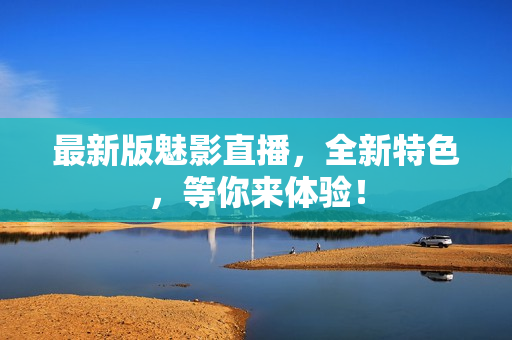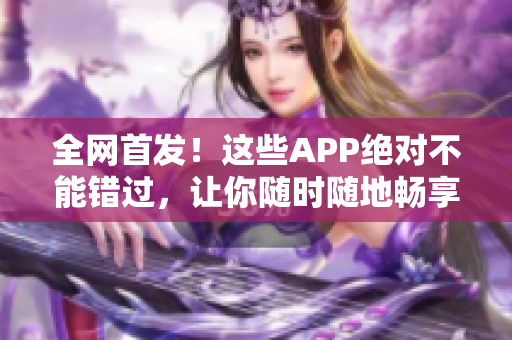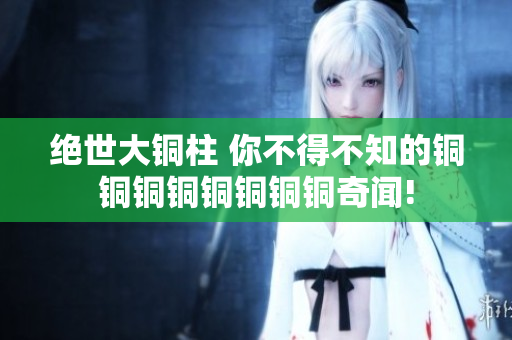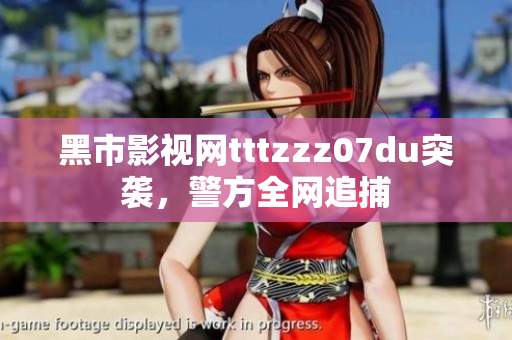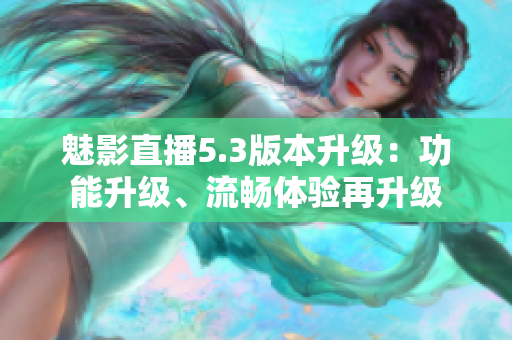Introduction
In this article, we will explore the diverse worlds of early childhood education, the arts and culture, and modern digital media. Our central focus will be on the imperative need for quality education and its accessibility in rare and underserved areas, such as the infant care centers in densely populated cities of China.
Early Childhood Education in Scarce Areas
The education of young children is essential as it sets the foundation for their future. However, many areas in the world, such as metropolitan cities in China, struggle with inadequate access to quality early childhood education. Through early education, children develop vital cognitive, social, and emotional skills that are crucial for their personal and academic success.
The Arts and Culture in Early Childhood Education
The arts and culture in early childhood education is an instrumental tool for effective learning. Arts-based activities provide children with the opportunity to explore their creativity and imagination, cultivate a sense of expression, and develop their critical and reflective thinking. Additionally, exploring different cultures through art and music fosters a sense of diversity and promotes social awareness and empathy. Incorporating arts education in early childhood education is vital and should be made a top priority.
Modern Digital Media in Early Childhood Education
With the increasingly digital dimensions of our society, modern digital media, such as digital games, educational applications, and short-form videos, have revolutionized the early childhood education dynamic. Digital media can provide children with customized, interactive, and repetitive learning experiences that cater to their developmental needs. Meanwhile, digital media helps young learners build essential skills, such as problem-solving, critical thinking, and adaptability. However, striking the right balance between traditional and modern pedagogies is vital, and care must be taken to ensure that modern digital media does not overshadow other forms of learning.
The Tension with Traditional Pedagogies
Despite the benefits brought by modern pedagogies, traditional pedagogies still hold significant importance in early childhood education. Traditional pedagogies promote experiential and tactile learning and afford children the opportunity to develop their motor skills and socialization abilities. Traditional physical games, language, and songs provide children with a sense of belonging in their different communities while cultivating their culture and identity. A perfect balance between the two pedagogies is crucial for effective learning among young children.
The Way Forward
The future of early childhood education lies in collaborative efforts by educators, policymakers, and parents to ensure that quality education is accessible to all young children, regardless of their background and location. Incorporating arts and culture, modern digital media, and traditional pedagogies in early childhood education is fundamental to develop children's intellectuality, creativity, and overall well-being. By doing so, we can positively impact early childhood education in scarce areas and give every child a chance at a brighter future.
Conclusion
As we explored the worlds of early childhood education, the arts and culture, and modern digital media, it is clear that quality education is vital for the development of the world's young children. We must provide equitable access to quality education and ensure the inclusion of contemporary pedagogies that cater to children's diverse academic and personal needs. Parental involvement and societal commitment are essential in cultivating a generation of intellectually, socially, and morally competent individuals who will lead the world to a more profound and brighter future.

